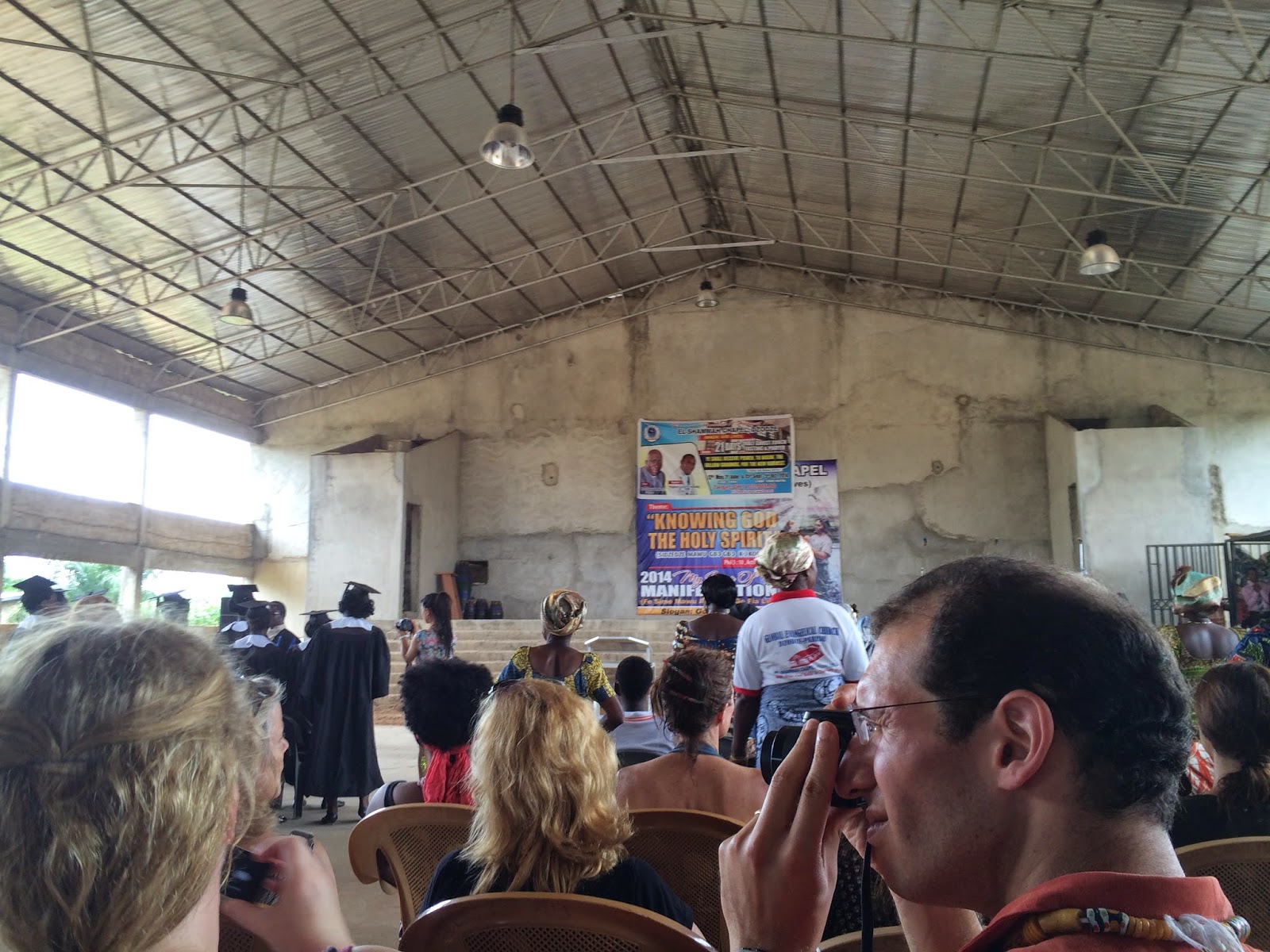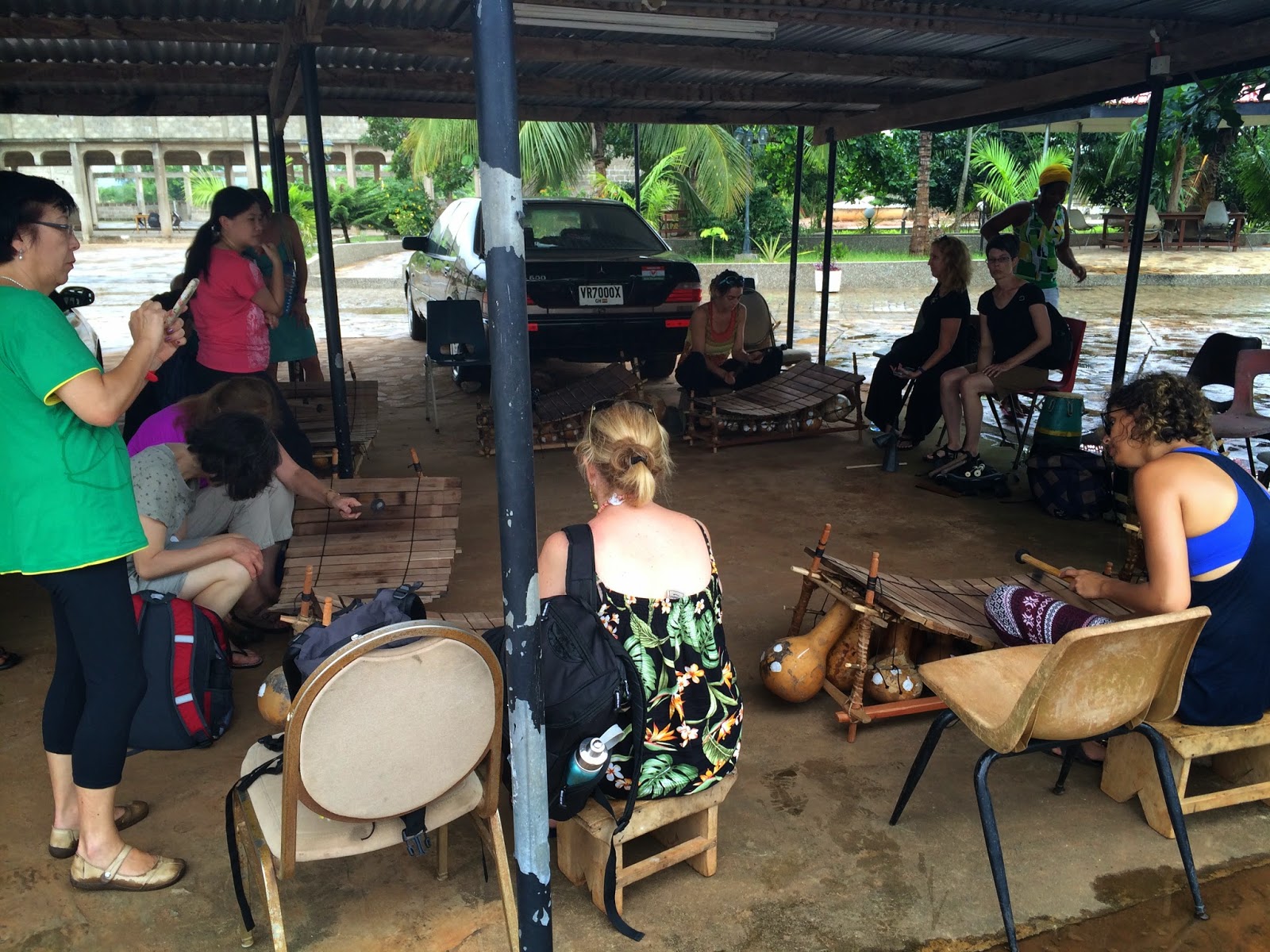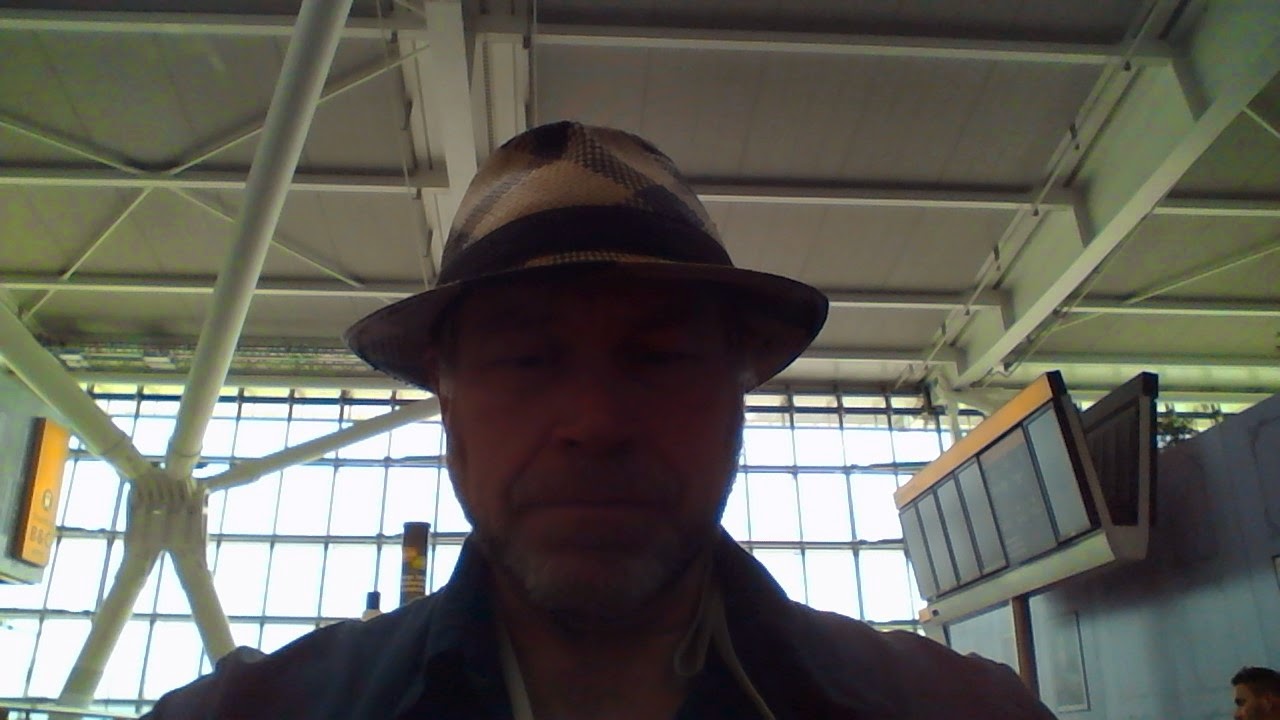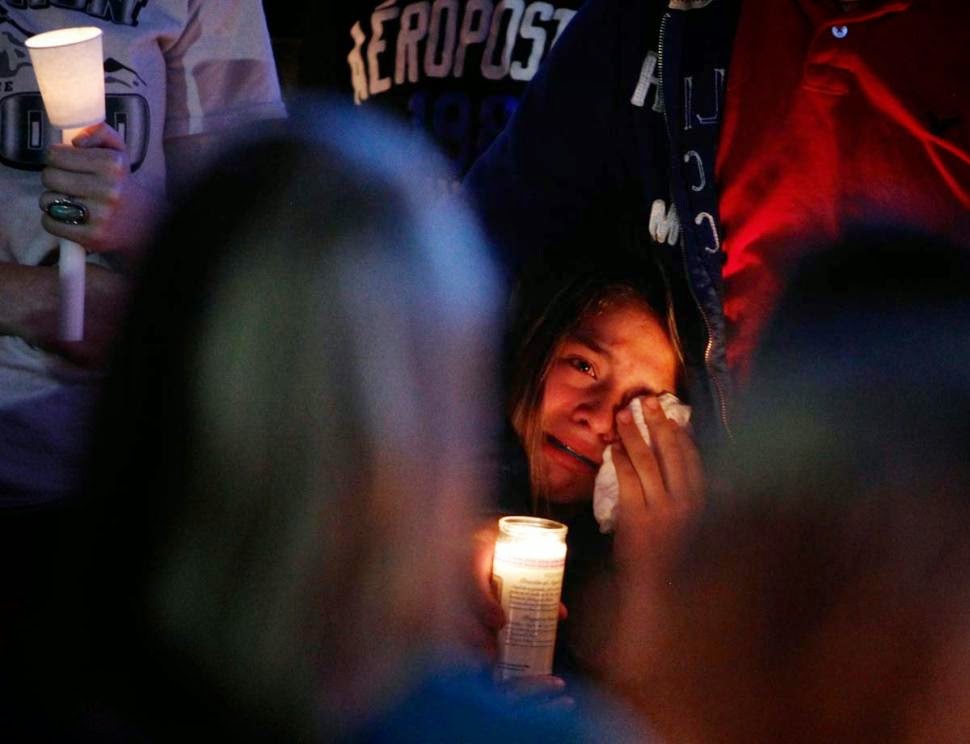Under My Skin
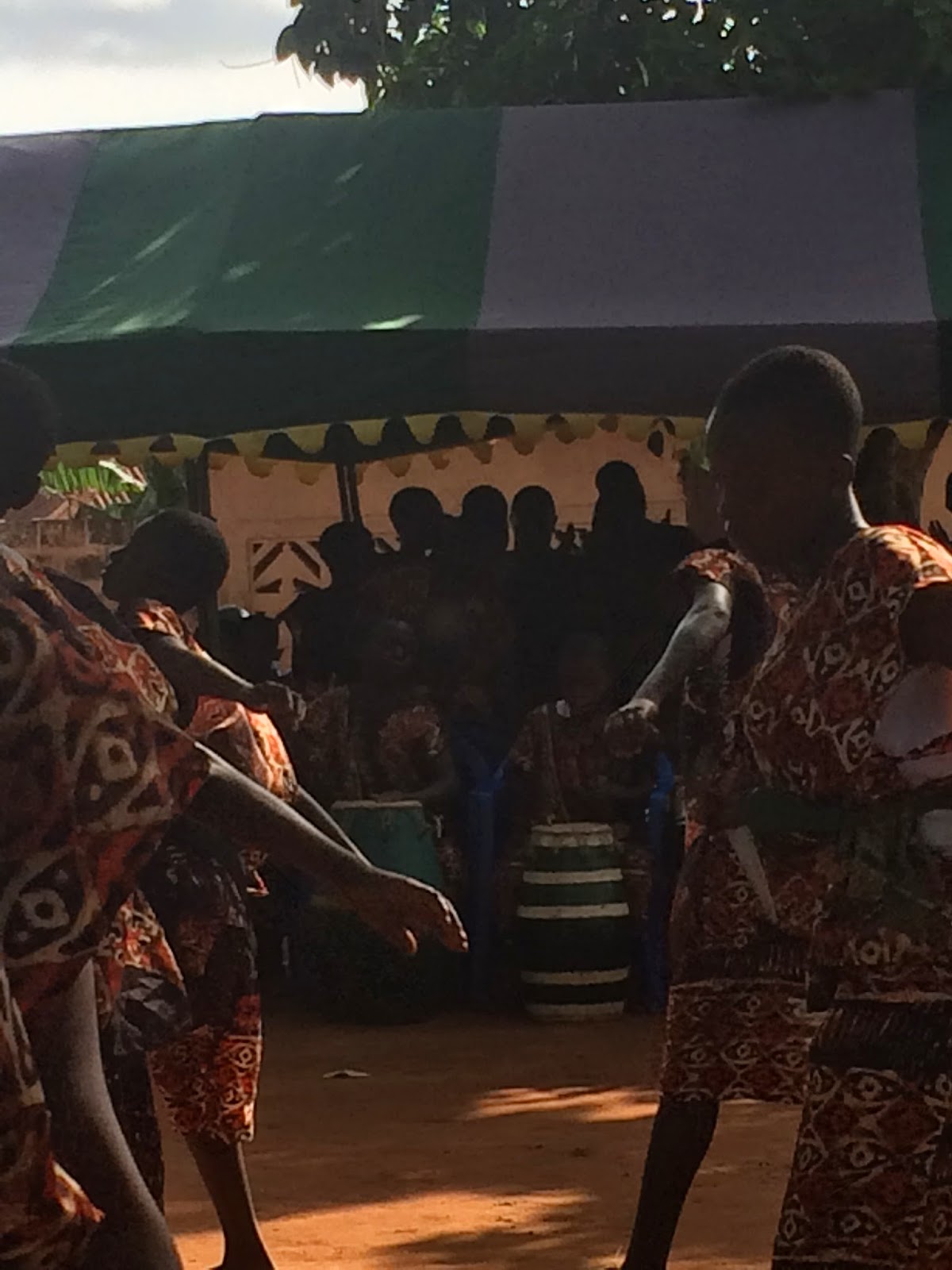
6-28-14 The children played and danced for two hours. They had us on our feet many times, singing, dancing and, in the end, joining the dancers as they moved about the courtyard. Now the concert was over, and the brass band from Nunya Academy, after a prolonged time of being greeted and praised by us, and playing games with us (I taught them “Baby Shark”), were finally saying goodbye. “May I ask you a question?” said the ten-year-old boy whose stamina on the trumpet had amazed me. “Of course,” I said. “When do you think you will return to Ghana?” I felt my heart break. The Nunya children have performed for us four times in the last two weeks. Nunya is a school without a building, the dream of Kofi Gbolonyo, a local boy from Dzodze who has made it big in the academic world, traveling to America to earn his doctorate in ethnomusicology and finding a teaching position at the University of British Columbia. While still living in Ghana, he envisioned a music sch...

